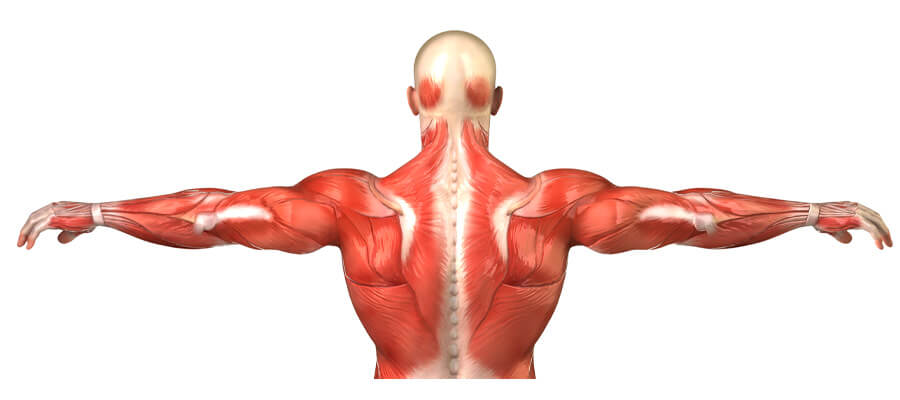Fascia is an important piece to whole body health, yet often does not get the attention it deserves. Just below our skin, fascia incases our entire body like a thin layer of webbing, connecting our muscles, organs, bones, ligaments, and blood vessels. The fascia helps to give our body shape, protect tendons and joints, and reduce internal friction. This expansive network of connective fibers is responsible for about 50% of our flexibility, stability, and suppleness of the body.
Layers of Fascia
We have 3 primary layers to our fascia: Superficial, Deep, and Visceral. Each has an important role to play in supporting the total wellness of the body’s structure and movement ability.
Supporting Fascia
Fascia can be damaged, weak and unhealthy due to:
Injuries and trauma
Poor posture
Sedentary lifestyle
Repetitive movements
Dehydration
Standard American Diet
Sleep quality
and more…!
This often results in feeling achy, experiencing stiffness, having tender points, muscle cramps, headaches, or otherwise unexplained bodily weaknesses. Fascia support helps to break down stuck points in the webbing called adhesions, which can be a source of both tension and pain. Oftentimes, what is perceived as “muscle pain” may in fact be a problem with the surrounding fascia.
Fascia contains nerves that respond to heat, pressure, and movement. Therefore, supporting your fascia will often combine one or more of these elements. Below is a list of simple ways to implement fascia support practices into your regular health routine:
Stretch daily: aim for at least 10 minutes of stretching at least large muscle groups.
Light movement: try going for a walk, yoga, or low impact cardio.
Self myofascial release: using a tennis ball, foam roller, or other Trigger Point tool.
Weekly sauna or steam room.
Stay hydrated: drinking at least 1/2 your body weight in ounces of filtered water each day.
Get a massage or similar manual therapy body work on a regular basis.
Follow a clean eating plan free from sugars, processed foods, inflammatory oils, and toxins (dyes, additives, pesticides, etc.)
Healthy Fascia
When our fascia is well supported, it allows for:
Increased blood flow
Greater flexibility
Less tension
Less restrictive movement
Less structural pain
Reduces risk of injury
Improved posture, alignment, and symmetry
Improved performance and faster recovery
Start caring for your fascia today and experience the miraculous health benefits.
Free 15-minute consults with Body Love Clinic. Visit our website: www.bodylovecafe.com
By Danielle Faris Murphy, MA, BCHN, NE with Body Love Clinic

